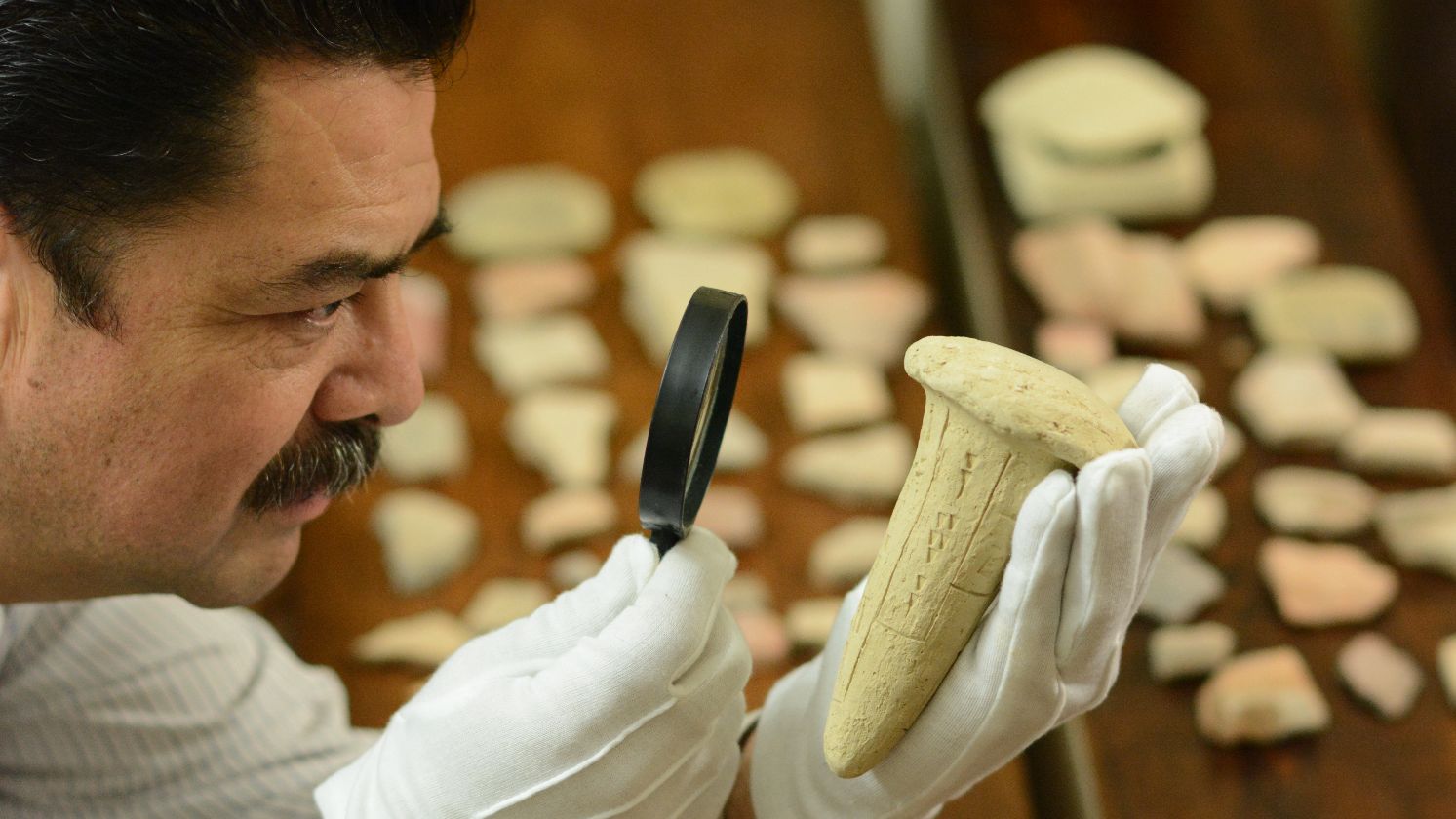Because Not Everything Old Was Gold
Picture a world without Wi-Fi, lights that turn on with the flick of a switch, or refrigerators preserving your leftovers for days at a time. Our ancient ancestors may not have enjoyed our same luxuries, but they still had routines that organized their day. They woke up with the sun, slept in shifts, used animal fat to power their lamps, and it all seemed perfectly normal. Here are 20 habits that were completely ordinary for our ancestors that would be utterly baffling to us today.
1. Sleeping in Two Shifts
Striving for eight hours of sleep is a modern invention. For centuries, people slept in two chunks, depending on the season. In winter, when night was longer, they would sleep in the early evening around five or six. Come midnight, they’d wake, tend the fire—chat. After an hour or two, they’d return to bed and wake with the morning light.
2. Using Urine for Cleaning
Yes, actual human pee. Ancient Romans collected it in jars and used it to bleach togas. They even brushed their teeth with it, believing the ammonia to have cleansing abilities. Some habits, thankfully, didn’t make the jump to modern times.
3. Eating in Reclined Positions
Forget dining chairs; Romans ate while lounging on couches, leaning on one elbow while reaching lazily for platters of decadent meats and fruits. It may have looked elegant in the portraits, but it was wildly impractical.
 Unknown artistUnknown artist on Wikimedia
Unknown artistUnknown artist on Wikimedia
4. Sharing Bathwater
Bathhouses were the social hubs of the ancient world. These communal spaces were steamy and crowded with people from all walks of life. Soap didn’t exist yet, so people rubbed oil on their skin, then scraped it off with metal tools.
5. Wearing Lead Makeup
Lead-based cosmetics were common in the ancient world, and Greek and Roman women slathered it on daily. It gave them a coveted ghostly glow, at the cost of unknowingly poisoning themselves. Centuries later, Victorian women did it again. Some lessons take a few generations to sink in, apparently.
 Unidentified painter on Wikimedia
Unidentified painter on Wikimedia
6. Bloodletting as Medicine
For thousands of years, doctors used leeches or knives to balance the humors, draining blood from sickened patients. As patients bled, they often fainted—or even died—from the supposed cure. And yet, it persisted. There’s something deeply human about doubling down on a bad idea despite all evidence to the contrary.
 The New York Public Library on Unsplash
The New York Public Library on Unsplash
7. Using Animal Dung as Construction Material
In many ancient societies, animal dung was not just a useful fertilizer but was often mixed with straw or mud to build walls and plaster floors. It provided some rudimentary insulation and was surprisingly effective at repelling insects. Most importantly, it was cheap.
8. Sleeping with the Dead
Victorians had an eerily intimate relationship with death. They’d photograph corpses, keep locks of hair in jewelry, and sometimes sleep beside the body of the deceased one last night before burial. What was once a perfectly normal way of grieving would nowadays trigger a police report.
9. Drinking from Lead Pipes
Ancient Roman engineers may have been ingenious at their craft, but they would have made terrible health inspectors. Their water system ran through lead pipes, slowly poisoning the elites who sipped their water from crystal goblets.
10. Using Animals for Pest Control
Egyptians worshipped cats, but they also used them as a convenient pest control. This isn’t entirely unusual, but some records mention families keeping mongooses and snakes in their houses to eat rats. We complain about ants in the kitchen; they had cobras.
11. Human Sacrifice
In various ancient cultures, human sacrifice was a ritual practice meant to appease gods, ensure a good harvest, or protect the community. Victims could be prisoners of war, slaves, or even volunteers, depending on the society. While terrifying to our modern sensibilities, these ceremonies were regarded as a sacred duty and were elaborate public affairs.
 Unknown authorUnknown author on Wikimedia
Unknown authorUnknown author on Wikimedia
12. Carrying Perfume Balls in Armpits
Lacking deodorant, our ancient relatives had to get creative at managing their funk. Some ancient elites tied small sachets of herbs or balls of scented wax under their arms. It probably helped a little, but the combination of sweat, oil, and crushed rose petals can’t have been pleasant.
13. Collecting Toe and Finger Nail Clippings
Superstition ran deep among the people of antiquity, and many believed that nail clippings could be used by enemies to curse them. To prevent this, some buried or burned them to prevent witchcraft. Nowadays, we barely remember to empty the bathroom trash, let alone dispose of our clippings with ceremonial regularity.
14. Using Mice as Medicine
From toothaches to baldness, crushed or roasted mice were once prescribed as remedies. It’s hard to believe that mashed mice were a prescription across many dissimilar societies at various points in history. Ancient Egypt, China, and even Elizabethan England all had their own recipes, with mice being the key ingredient.
 George Shuklin (talk) on Wikimedia
George Shuklin (talk) on Wikimedia
15. Walking Barefoot Everywhere
It’s difficult to believe that shoes were once reserved for the wealthy, and most people went barefoot no matter how rough the terrain was. Archaeologists find evidence of calluses so thick they altered bone structure. Nowadays, our pampered feet can’t even handle stepping on a piece of Lego, let alone navigating cobblestones.
16. Drinking Sour Milk
Before refrigeration, milk didn’t last long, so people enjoyed it sour and thick. In some regions, it was considered a delicacy. Kefir and yogurt are its descendants, but the old stuff was a little less purposeful.
17. Sleeping on Boards or Straw Beds
We take our Posturepedic beds for granted these days, but in ancient times, beds were already luxurious. Most people slept on simple boards, mats, or straw piles. Hard surfaces were thought to improve posture and even encourage spiritual growth.
18. Brushing Teeth with Twigs and Charcoal
The original toothbrushes were chewed sticks, frayed at the ends. People used charcoal or crushed shells for toothpaste. It was surprisingly effective at maintaining those ancient smiles.
19. Using Pigeons as Mail Carriers
Imagine writing a message, tying it to a bird’s leg, and releasing it into the air. Pigeons were the postal workers of the ancient world, and they were surprisingly accurate—to the point that a few even received medals in wartime. If your inbox today feels chaotic, at least it doesn’t poop on your windowsill.
20. Public Tooth Extractions
Picture a market square, a man with a hammer and tongs, and a small crowd watching gleefully. There was a time in history when dentists did their work in public for entertainment. Onlookers would even toss a coin towards them in appreciation for the spectacle.
KEEP ON READING

1 Weird Fact About Every President
Washington, Lincoln, FDR. Most people know something about the lives…
By Robbie Woods Dec 3, 2024
10 Actors Who Perfectly Played a Historical Figure & 10…
Which Performance is Your Favorite?. Playing the role of a…
By Rob Shapiro Sep 15, 2025
10 Amazing Popes & 10 Who Weren't So Great
An Odd Cast of Characters Throughout History. From popes who…
By Henry Judd Apr 29, 2025
10 Ancient Civilizations You Don’t Want to Be Trapped In…
Grab Your Time Machine. Trying to pick out an ancient…
By Farva Ivkovic Feb 21, 2025
10 Ancient Lost Cities Yet To Be Found & 10…
Will You Find The Next Lost City?. Based on our…
By Breanna Schnurr Aug 27, 2025
10 Ancient Predictions That Came True & 10 That Were…
Because The Future Isn't So Easy To Pin Down. People…
By Cameron Dick Oct 6, 2025
















